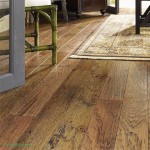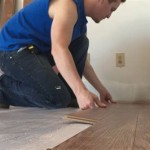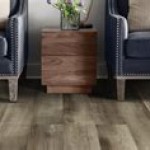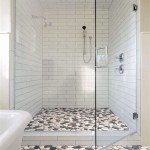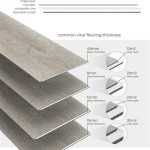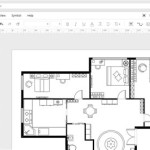Average Cost Per Square Foot to Refinish Hardwood Floors
Refinishing hardwood floors is a popular home improvement project that can significantly enhance the aesthetic appeal and value of a property. Over time, hardwood floors can accumulate scratches, dents, and wear marks, diminishing their original luster. Refinishing involves sanding down the existing finish and applying a new protective coating, effectively restoring the floor to its former beauty. Understanding the average cost per square foot associated with this process is crucial for homeowners planning such a renovation.
The cost to refinish hardwood floors is influenced by a multitude of factors, making it challenging to provide a single, universally applicable price. These factors include the size of the area being refinished, the type of wood, the condition of the existing floors, the complexity of the refinishing process, and the geographic location of the project. Furthermore, the choice of finish, and the labor costs charged by the contractor all contribute to the overall expense. This article provides a detailed overview of the cost considerations involved in refinishing hardwood floors, offering insights into the various factors that impact pricing and helping homeowners make informed decisions about this investment.
While a general average can be stated, it is imperative to obtain personalized quotes from reputable flooring contractors to accurately assess the specific cost associated with your unique project. These quotes will take into account the nuances of your situation and provide a more precise estimate of the overall expense.
Key Factors Influencing Refinishing Costs
The cost of refinishing hardwood floors is not a fixed figure, but rather a dynamic calculation influenced by several key variables. These factors need to be carefully considered when budgeting for a refinishing project. A thorough understanding of these elements enables homeowners to anticipate potential cost fluctuations and make informed financial decisions.
Size of the Area: The most obvious factor influencing the overall cost is the square footage of the area being refinished. Larger spaces naturally require more materials and labor, resulting in a higher total expenditure. The cost per square foot may, however, decrease slightly for larger projects due to economies of scale. Contractors may be able to offer a lower per-square-foot price when dealing with a larger volume of work.
Type of Wood: Different types of wood have varying levels of hardness and require different sanding and finishing techniques. Softer woods, like pine, may require more careful sanding to avoid gouging, while harder woods, like oak or maple, may require more powerful equipment. Exotic hardwoods can be particularly expensive to refinish due to their unique characteristics and the specialized products required for their care. The rarity and density of the wood directly influence the labor and material costs associated with the refinishing process.
Condition of Existing Floors: The condition of the hardwood floors plays a significant role in determining the complexity and cost of the refinishing process. Floors with extensive damage, such as deep scratches, gouges, water damage, or unevenness, may require more extensive repairs before refinishing can begin. This may involve replacing damaged boards, filling in gaps, and leveling the surface. These repairs add to the overall cost of the project.
Complexity of the Refinishing Process: The complexity of the refinishing process can vary depending on the desired outcome and the existing floor's condition. A basic refinishing job typically involves sanding, staining (optional), and applying a topcoat of polyurethane. However, more complex projects may involve specialized techniques such as bleaching, staining with multiple colors, or applying intricate designs. These advanced techniques require more time, skill, and specialized materials, resulting in higher labor costs.
Geographic Location: Labor costs and material prices can vary significantly depending on the geographic location of the project. Areas with a higher cost of living generally have higher labor rates, which can significantly impact the overall cost of refinishing hardwood floors. The availability and cost of specific materials, such as stains and finishes, can also fluctuate based on location.
Type of Finish: The type of finish chosen also significantly impacts the overall cost. Polyurethane is a common and relatively affordable option, known for its durability and resistance to scratches and water damage. However, other finishes, such as water-based polyurethane, oil-based polyurethane, or specialized finishes like lacquer or varnish, may offer different aesthetic properties or performance characteristics but often come at a higher price point. The longevity and maintenance requirements of the finish should also be considered when evaluating the overall cost-effectiveness.
Labor Costs: Labor costs constitute a significant portion of the overall expense of refinishing hardwood floors. Experienced and skilled flooring contractors typically charge higher rates due to their expertise and the quality of their workmanship. It is essential to obtain quotes from multiple contractors and compare their pricing, experience, and reputation before making a decision. While it may be tempting to opt for the lowest bid, it is crucial to prioritize quality and reliability to ensure a satisfactory outcome.
Typical Cost Breakdown
Understanding the typical cost breakdown involved in refinishing hardwood floors can provide homeowners with a clearer picture of where their money is being spent. This breakdown generally includes costs associated with preparation, sanding, staining (if desired), and finishing.
Preparation: Preparation costs can include tasks such as removing furniture, protecting surrounding areas with plastic sheeting, and cleaning the floors thoroughly. In some cases, it may involve removing existing baseboards or shoe molding to allow for proper sanding and finishing. Minor repairs, such as filling small nail holes or cracks, may also be included in the preparation phase. This stage typically accounts for a relatively small percentage of the overall cost, but is crucial for achieving a professional and long-lasting result.
Sanding: Sanding is a critical step in the refinishing process, as it removes the old finish and prepares the surface for the new coating. The cost of sanding depends on the size of the area, the type of wood, and the number of sanding passes required to achieve a smooth and even surface. Specialized equipment, such as drum sanders, orbital sanders, and edge sanders, are used to remove the old finish and smooth out imperfections. The sanding process also generates dust, which needs to be properly contained and removed to prevent health hazards and ensure a clean finish. Dust containment systems can add to the overall cost, but are often worth the investment for a cleaner and healthier environment.
Staining (Optional): Staining is an optional step that allows homeowners to change the color of their hardwood floors. The cost of staining depends on the type of stain used, the number of coats applied, and the complexity of the staining process. Darker stains typically require more coats and more careful application to achieve an even color. Custom stain mixes or specialized staining techniques can also add to the overall cost. If the homeowner chooses to retain the existing color of the wood, staining is not necessary.
Finishing: The finishing stage involves applying a protective coating to the sanded and stained (if applicable) hardwood floors. The cost of finishing depends on the type of finish used, the number of coats applied, and the application method. Polyurethane is a common and relatively affordable option, known for its durability and resistance to scratches and water damage. Water-based polyurethane is a low-VOC (volatile organic compound) option that is more environmentally friendly and has less odor than oil-based polyurethane, but it may be slightly more expensive. Oil-based polyurethane provides a richer, more durable finish, but it has a strong odor and takes longer to dry. The application method, such as brushing, rolling, or spraying, can also affect the cost. Spraying typically provides a smoother and more even finish, but it requires more skill and specialized equipment.
Cost-Saving Strategies
While refinishing hardwood floors can be a significant investment, there are several strategies that homeowners can employ to potentially reduce costs without compromising the quality of the finished product. Proper planning, material selection, and labor negotiation can all contribute to a more budget-friendly project.
DIY vs. Professional: One of the most significant cost-saving decisions is whether to tackle the project as a do-it-yourself (DIY) endeavor or hire a professional contractor. DIY refinishing can save on labor costs, but it requires a significant investment of time, effort, and specialized equipment. Furthermore, improper sanding or finishing techniques can result in costly mistakes that may require professional correction. If you are not experienced in hardwood floor refinishing, it is generally advisable to hire a professional to ensure a high-quality and long-lasting result. However, for simpler projects or homeowners with relevant experience, DIY refinishing can be a viable option.
Material Selection: Choosing cost-effective materials can also help to reduce the overall expense of the project. Opting for a standard polyurethane finish instead of a more expensive specialty finish can save a significant amount of money. Similarly, selecting a readily available and affordable stain color can help to avoid the extra cost associated with custom stain mixes. Researching different material options and comparing prices can help homeowners make informed decisions that align with their budget.
Negotiating with Contractors: Obtaining multiple quotes from different contractors and comparing their pricing, experience, and reputation is essential for finding the best value. Don't be afraid to negotiate with contractors to see if they are willing to offer discounts or price matching. It is also important to clarify the scope of work and ensure that all costs are clearly outlined in the contract to avoid unexpected expenses later on. Ask about any potential hidden costs, such as disposal fees or additional charges for moving furniture. Open communication and thorough negotiation can help homeowners secure a fair and competitive price for their refinishing project.
Timing of the Project: The timing of the project can also influence the cost. Contractors may offer lower rates during off-peak seasons, such as winter or summer, when demand for their services is lower. Scheduling the project during these times can potentially save money without sacrificing quality. However, it is important to consider the potential impact of weather conditions on the refinishing process, as humidity and temperature can affect the drying time of finishes.
Preparing the Space: Homeowners can potentially reduce labor costs by preparing the space themselves. This can involve removing furniture, taking down curtains, and protecting surrounding areas with plastic sheeting. Completing these tasks before the contractor arrives can save time and labor costs. However, it is important to ensure that the space is properly prepared and that all necessary safety precautions are taken.
In conclusion, the average cost per square foot to refinish hardwood floors is a multifaceted calculation influenced by various factors. Careful consideration of these elements, coupled with diligent planning and informed decision-making, empowers homeowners to navigate the refinishing process effectively and achieve their desired results within a reasonable budget.

Fixr Com Cost To Refinish Hardwood Floor Refinishing

Fixr Com Cost To Refinish Hardwood Floor Refinishing
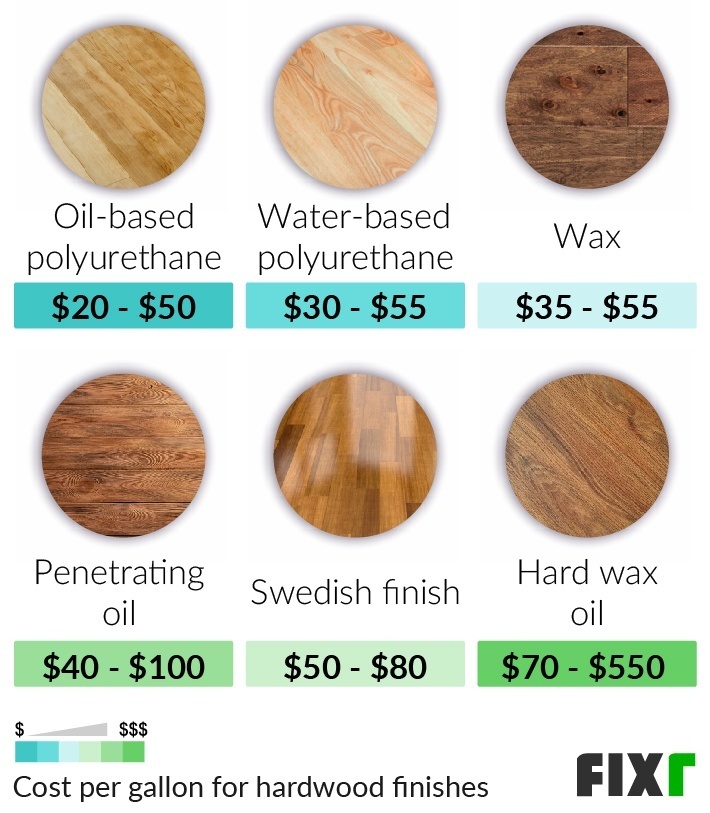
Fixr Com Cost To Refinish Hardwood Floor Refinishing

Hardwood Floor Refinishing Cost Urban Customs

Fixr Com Cost To Refinish Hardwood Floor Refinishing

How Much Does It Cost To Refinish Hardwood Floors Lv Flooring Toronto
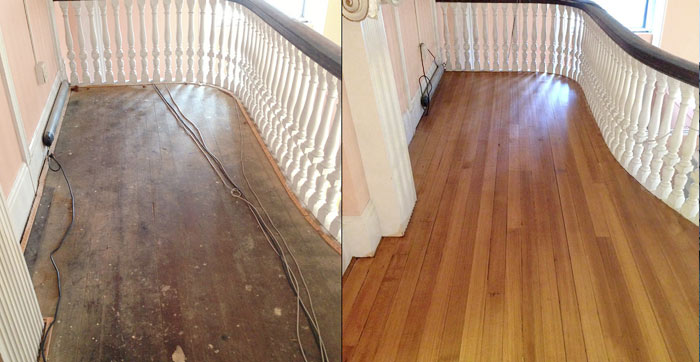
The Cost To Refinish Hardwood Floors 7 Things You Need Know

Hardwood Flooring Cost 2024 Per Square Foot Mk

How Much Does It Cost To Refinish Hardwood Floors In Westchester

Is Refinishing Hardwood Floors Worth It How To Sand A Floor
